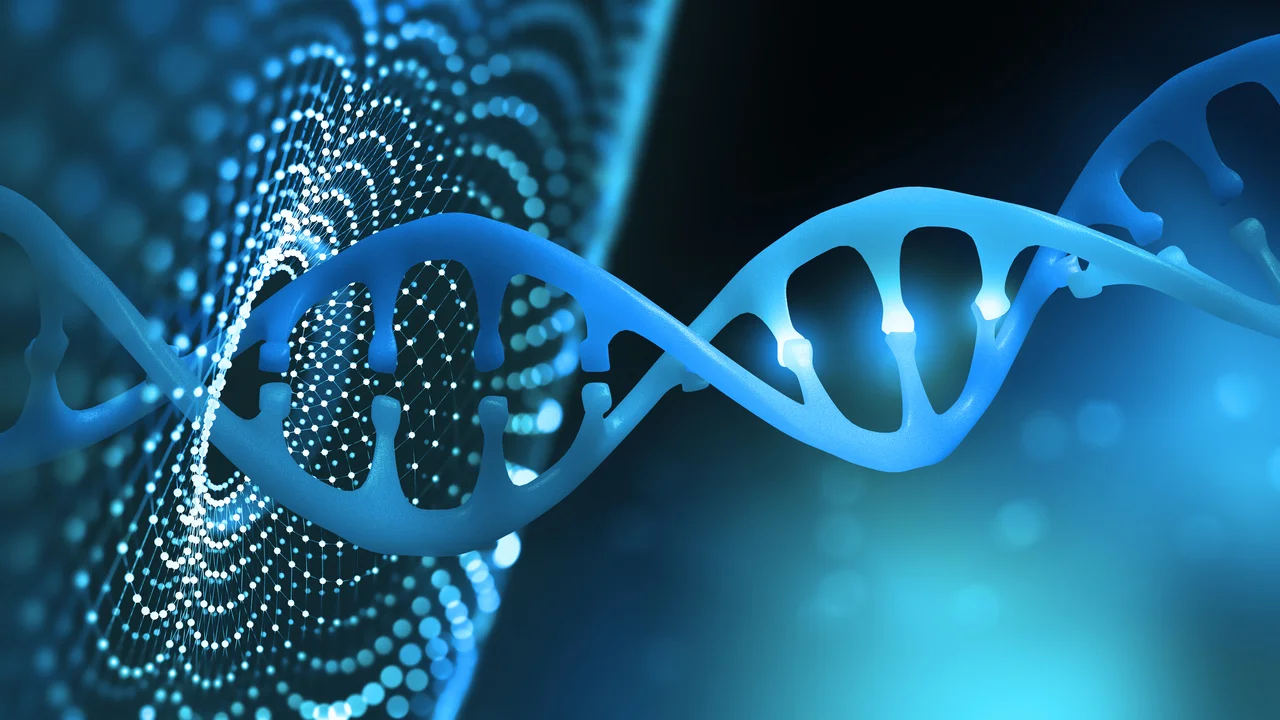With the goal of producing hydrogen for energy, researchers are looking for different production methods, especially those that do not burden existing natural resources.
In a breakthrough, an international team of researchers from the University of Adelaide has developed a cost-effective method to split seawater to directly produce hydrogen. The importance of the research increases because previous methods require treating seawater in an energy-intensive process before breaking it down by electrolysis.
The group published their research in the journal Nature Energy. “We split natural seawater into oxygen and hydrogen with nearly 100 percent efficiency to produce green hydrogen by electrolysis using a cost-free and low-cost catalyst in a commercial electrolysis unit,” university professor Shizhang Qiao said in a press release.
A Chinese research team recently developed a membrane-based seawater electrolyzer that can directly split seawater to produce hydrogen.
An efficient process for making hydrogen
The team used a cheap catalyst, cobalt oxide coated with chromium oxide. The process used seawater without any treatment such as reverse osmosis membrane removal, purification, or alkalinization.
The researchers were able to match the performance of a commercial electrolyzer with that catalyst and seawater in a system where the platinum/iridium catalysts served as the raw material for highly purified deionized water.
According to the team, the process will help replenish hydrogen reserves to fully or partially replace fossil fuel energy sources while reducing pressure on limited freshwater resources worldwide.
Seawater is ideal for hydrogen production.
The abundance of seawater around the world makes it an ideal natural raw material for the production of electrolytic hydrogen, which is increasingly becoming a source of green energy in various sectors. However, such a process is not practical in regions with a lack of seawater.
Researchers still have to deal with some problems of seawater electrolysis because the side reactions and corrosion of the electrodes are increased due to the complexity of using seawater compared to pure water.
“Pure water must always be treated to the level of water purity of conventional electrolysis equipment, including desalination and deionization, which increases the operational and maintenance costs of the processes,” said Zao Zheng, an associate professor at the university.
The team is currently working to expand the system using “a larger electrolyser to enable its use in commercial processes such as fuel cell hydrogen production and ammonia synthesis.”
Summary
The use of large amounts of ultrapure water for hydrogen production can exacerbate freshwater shortages. Seawater is abundant but must be desalinated before use in conventional proton exchange membrane (PEM) electrolyzers.Here we report direct electrolysis of real seawater, neither alkalinized nor acidified, which achieves long-term stability of more than 100 h at 500 mA/cm2 and comparable performance to typical PEM electrolysis in ultrapure water.
This is achieved by adding a Lewis acid layer (such as Cr2O3) to transition metal oxide catalysts to dynamically split water molecules and trap hydroxyl ions. Such local alkalinity formed in situ facilitates the reaction kinetics of both electrodes and avoids chloride attack and precipitate formation on the electrodes. Flow-type electrolysis of natural seawater with Lewis acid-modified electrodes (Cr2O3-CoOx) has an industrially required current density of 1.0 A/cm2 at 1.87 V and 60 °C.




